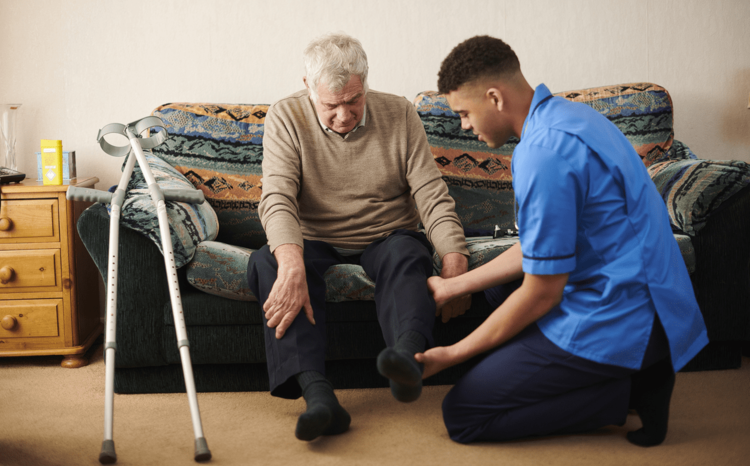LGA: ‘engage councils in roadmaps’
- 7 October 2015

NHS organisations need to engage early with local authorities in the development of local digital roadmaps, according to the Local Government Association.
Speaking at an NHS England event to support the delivery of the roadmaps in London, Mark Golledge, programme manager for health and care informatics at the LGA, said that many local authorities are unaware of their role in supporting integration between care systems; as shown by the lack of local authority attendees at the event.
He said the LGA would be spending the next few weeks sharing information about the roadmaps with its members. But he also argued that the NHS also needs to start communicating with local authorities about the responsibilities they have in the development of the plans.
The local digital roadmaps are required by NHS England and should contain details on how the different parts of local health economies, including primary care, acute trusts, community trusts and the social care system, can work together to share records and provide seamless patient care using clinical systems that are interoperable.
Speaking at the NHS Expo in Manchester last month, Beverley Bryant, director of digital technology at NHS England, confirmed that clinical commissioning groups will have overall responsibility for the roadmaps, which have to be submitted to NHS England by April 2016 for publication in the summer.
The next step for CCGs is to submit a ‘footprint’ on their plans by the end of October, which should contain details on the other organisations they are working with, including social care services.
The LGA has been working with the Association of Directors of Adult Social Services and the Society of Information Technology Management on meeting information and technology challenges posed by health and social care reform, including the Care Act 2014, which sets out a provision for the use of information in social care.
Golledge said that this work applies to the roadmap plans and that social care should not be overlooked in terms of the flow of information and care in a local health economy.
“There is clearly a significant role in terms of GP referrals, in terms of acute referrals. That care and information flow is from a multitude of different settings and back out from local authorities as well.”
Tim Ellis, programme manager digital technology in the patients and information directorate of NHS England, said the involvement of social care services is “key really” to developing the plans.
“If you look at all new models of care – the Better Care Fund sites, all the vanguards, the integrated care pioneers – all of them are about joining up health and social care information. It can't be done in isolation.”
Golledge added that local authorities aren’t the only organisations involved in the provision of social care and that independent providers and the third sector should be part of the discussion.
He also said that the digital local roadmap teams should engage with local Health and Wellbeing Boards, which were established in 2012 as a forum for leaders from the health and care system to work together.
Several major challenges remain, however, including the use of different internet networks across health and social care: the NHS uses the secure N3 network and social uses the Public Sector Network.
The Health and Social Care Information Centre is working on creating a combined Health and Social Care Network, but transition isn’t expected until 2016-17.
Golledge said this was an issue flagged by a number of local authorities and that work was being carried out in Yorkshire and Humber looking at whether there might be any connectivity between N3 and PSN, although this was in “really early stages”.





